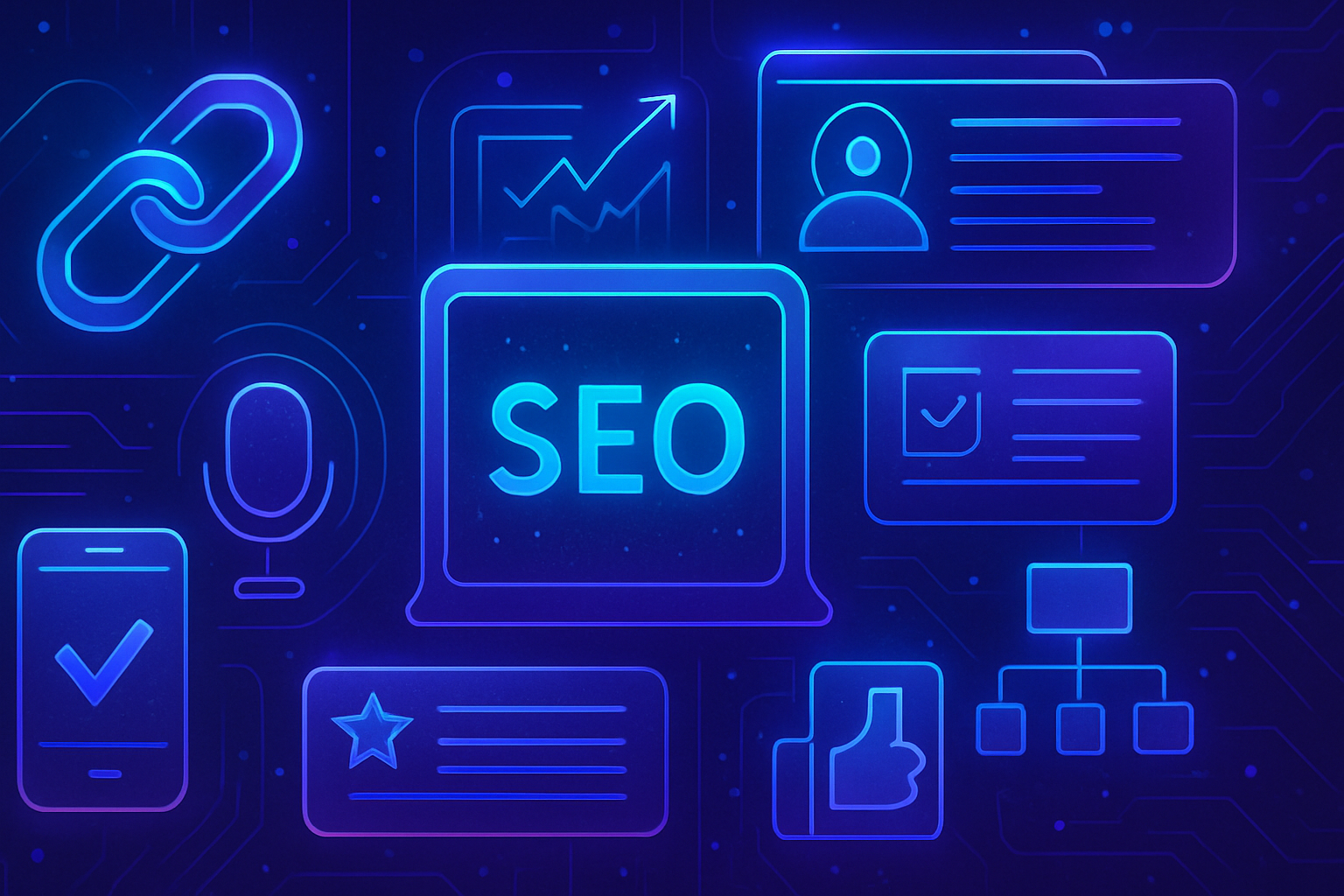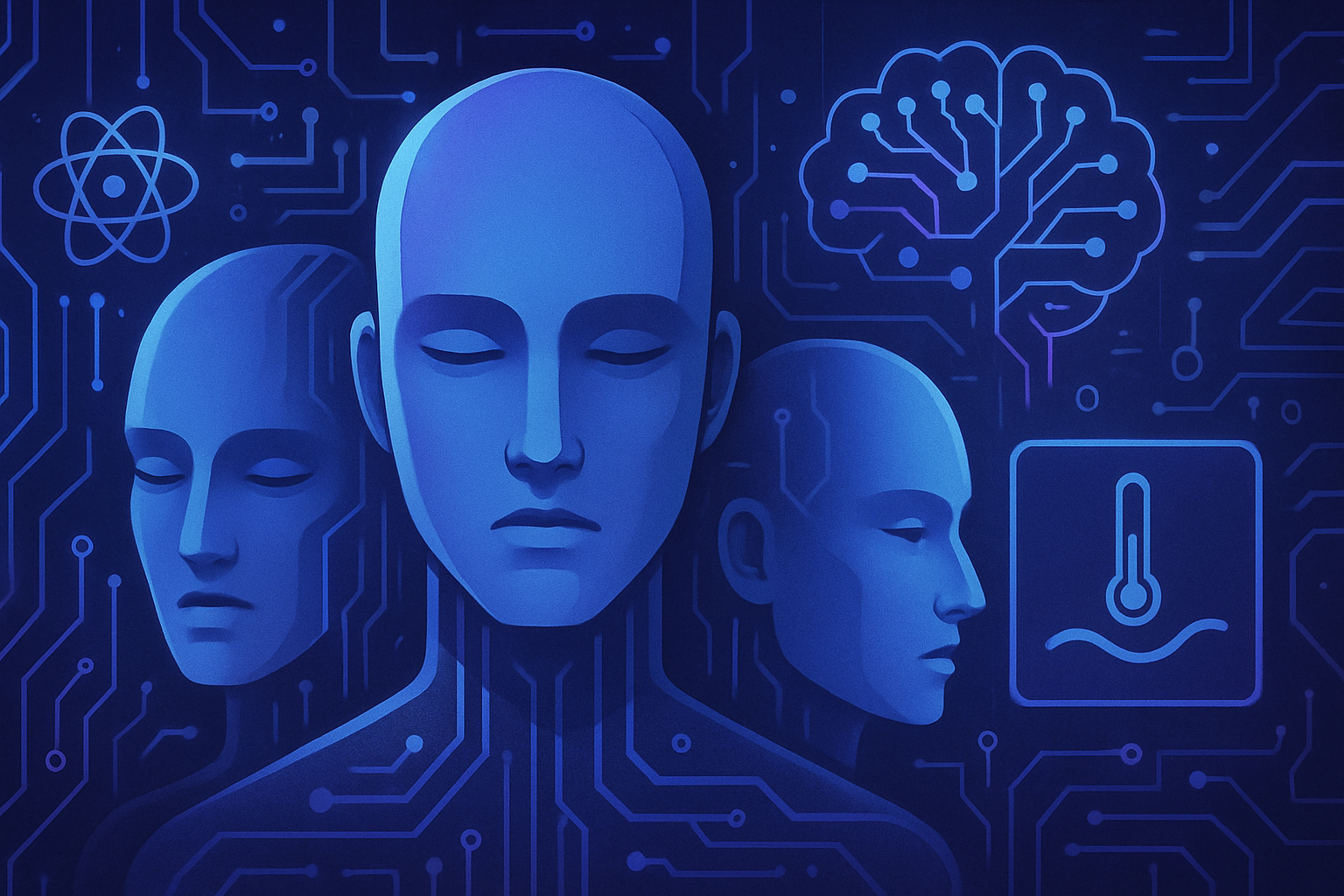The proposed ban by Donald Trump on the regulation of AI by U.S. states raises crucial questions. The *scientific director of Microsoft*, Dr. Eric Horvitz, warns against such a decision that could hinder our technological progress. This ban could not only slow down the development of AI but also compromise the security and ethics of its use.
No regulation means major risks for humanity. Experts are concerned about the negative impact of this strategy, which fosters an environment conducive to misinformation and harmful activities. Furthermore, the debate rages on the necessity for a legislative framework to protect innovation while ensuring corporate social responsibility.
A rushed advancement without safeguards is a threat. The battle for AI supremacy is intensifying, notably with the competition between the United States and China. Massive investments by companies in AI technologies without adequate regulation open the door to catastrophic consequences.
Regulation could accelerate scientific progress, not hinder it.
The ban on AI regulation by Trump
The scientific director of Microsoft, Dr. Eric Horvitz, has expressed serious concerns regarding the bill proposed by Donald Trump. The text suggests a ten-year moratorium prohibiting U.S. states from establishing any regulation related to artificial intelligence (AI) and automated decision-making systems. According to Horvitz, this initiative will not accelerate but will significantly slow down the development of advanced technologies.
The implications of the proposal
Horvitz, who has been a technological advisor to Joe Biden, asserts that the ban on regulation risks delaying advances not only in science but also in the practical application of discoveries. He raises the question of the need for a regulatory framework that would ensure the responsible and beneficial development of AI.
Motivations behind the bill
This proposal comes from the Trump administration, which fears that China will gain an advantage in the race for human-level artificial intelligence. Pressures from technology investors, including Andreessen Horowitz, also influence this movement. These investors argue that regulations should focus on commercial use rather than research.
The threats related to AI
Horvitz also raises major concerns about the potential abuses of AI. The risk of information manipulation and the use of this technology for malicious activities pose real dangers. He warns against irresponsible use, particularly in areas related to biological goods.
The issue of regulation
During a meeting of the Association for the Advancement of Artificial Intelligence, Horvitz emphasized: “We, scientists, must communicate messages to government agencies about the dangers of the absence of regulation.” Coordination of regulatory efforts must be ensured to support rapid and reliable progress in the field of AI.
The geopolitical stakes
Through these concerns, political leaders, including Vice President JD Vance, underscore the competition with China. Vance states: “If we take a pause, [China] won’t pause…”. This statement highlights the urgency of innovation to avoid a strategic disadvantage.
The contradiction at Microsoft
Horvitz’s position appears contradictory to Microsoft’s ongoing lobbying efforts, in collaboration with giants like Google, Meta, and Amazon. These companies support the moratorium proposed by Trump, thus promoting the idea that state regulations hinder progress. This dichotomy fuels concerns about the real motivations of technology companies.
Significant investments in AI
Microsoft recently invested $14 billion in OpenAI, the developer of ChatGPT. Sam Altman, its CEO, predicts that within five to ten years, human-like robots will perform routine tasks. Such predictions spark reflections on the necessity of a regulatory framework to accompany such technological advances.
Regulations around the world
The American situation contrasts with the policies adopted by other countries. For example, when China implemented regulations to counter fraudulent practices related to AI, the United States seems hesitant to follow this model. Other countries are also pursuing similar initiatives, aiming to frame the development of AI while maintaining ethical standards.
Legal and ethical pressures
Companies like Reddit are filing lawsuits against competitors to protect their data. This legal context sheds light on the ethical debates surrounding the use of AI. The need to protect users from inappropriate data exploitation has become a major issue.
A look back at unfulfilled promises
Companies such as Google are questioning their commitments not to use AI for military or surveillance purposes. This evolution raises doubts about the responsibility of technology companies in light of the implications of their innovations.
FAQ on Trump’s ban on AI regulation
What is the impact of the ban on AI regulation proposed by Trump?
The proposed ban would slow down the development of AI by preventing states from implementing necessary regulations. This would limit scientific and practical advances in AI.
Why does Dr. Eric Horvitz oppose the ban on AI regulation?
Dr. Horvitz argues that bans on regulation will delay technological progress and could promote malicious uses of AI, such as misinformation.
What are the arguments in favor of AI regulation?
Proponents of regulation argue that it is crucial to establish controls to ensure the reliability and safety of AI systems, avoiding catastrophic risks for humanity.
How could the ban on regulation affect global competition in AI?
The ban could disadvantage the United States in the AI race compared to China by hindering innovation and development in this crucial field.
What risks could non-regulated AI technology pose?
A non-regulated AI could be used for malicious purposes, such as manipulating public opinion or criminal activities, thus increasing threats to society.
How are technology investors reacting to the AI ban?
Investors like Marc Andreessen advocate prioritizing regulations for consumer uses of AI rather than research, thus pushing for a moratorium on regulation at the state level.
What role does Microsoft play in this debate on AI regulation?
Microsoft is involved in lobbying efforts to support the ban on state-level regulation while having concerns expressed by its scientific director regarding the implications of this decision.
What future for AI development if the ban is implemented?
If the ban is enacted, the development of AI could be significantly slowed, affecting innovation and the possibility of creating safe and responsible AI systems.






